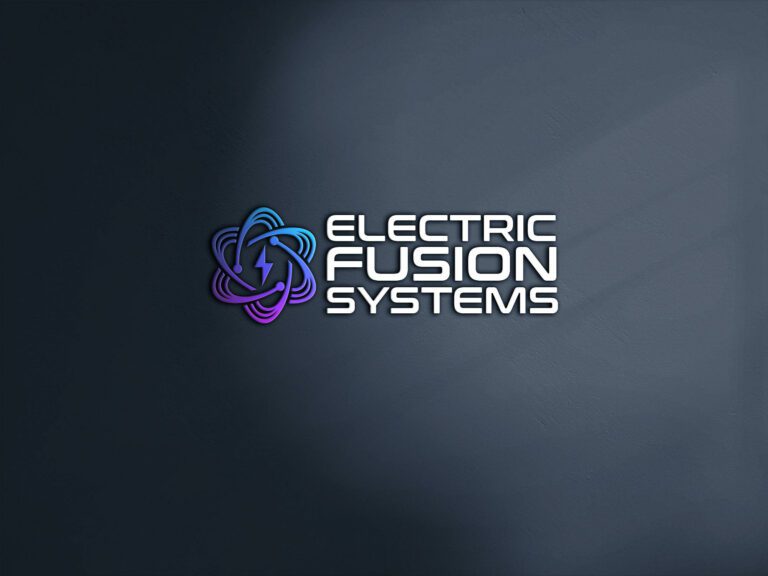Abstract: We performed a series of plate impact experiments on NH3 gas initially at room temperature and at a pressure of ∼100 psi. Shocked states were determined by optical velocimetry and the temperatures by optical pyrometry, yielding compression ratios of ∼5–10 and second shock temperatures in excess of 7500 K. A first-principles statistical mechanical (thermochemical) approach that included chemical dissociation yielded reasonable agreement with experimental results on the principal Hugoniot, even with interparticle interactions neglected. Theoretical analysis of reshocked states, which predicts a significant degree of chemical dissociation, showed reasonable agreement with experimental data for higher temperature shots; however, reshock calculations required the use of interaction potentials. We rationalize the very different shock temperatures obtained, relative to previous results for argon, in terms of atomic versus molecular heat capacities.
Introducing EFS’s Fusion Energy AI Ambassador
BROOMFIELD, Colo., September 21, 2023 (Newswire.com) – Electric Fusion Systems (EFS) acknowledges the challenges faced in conveying the intricacies of our novel fusion approach to

